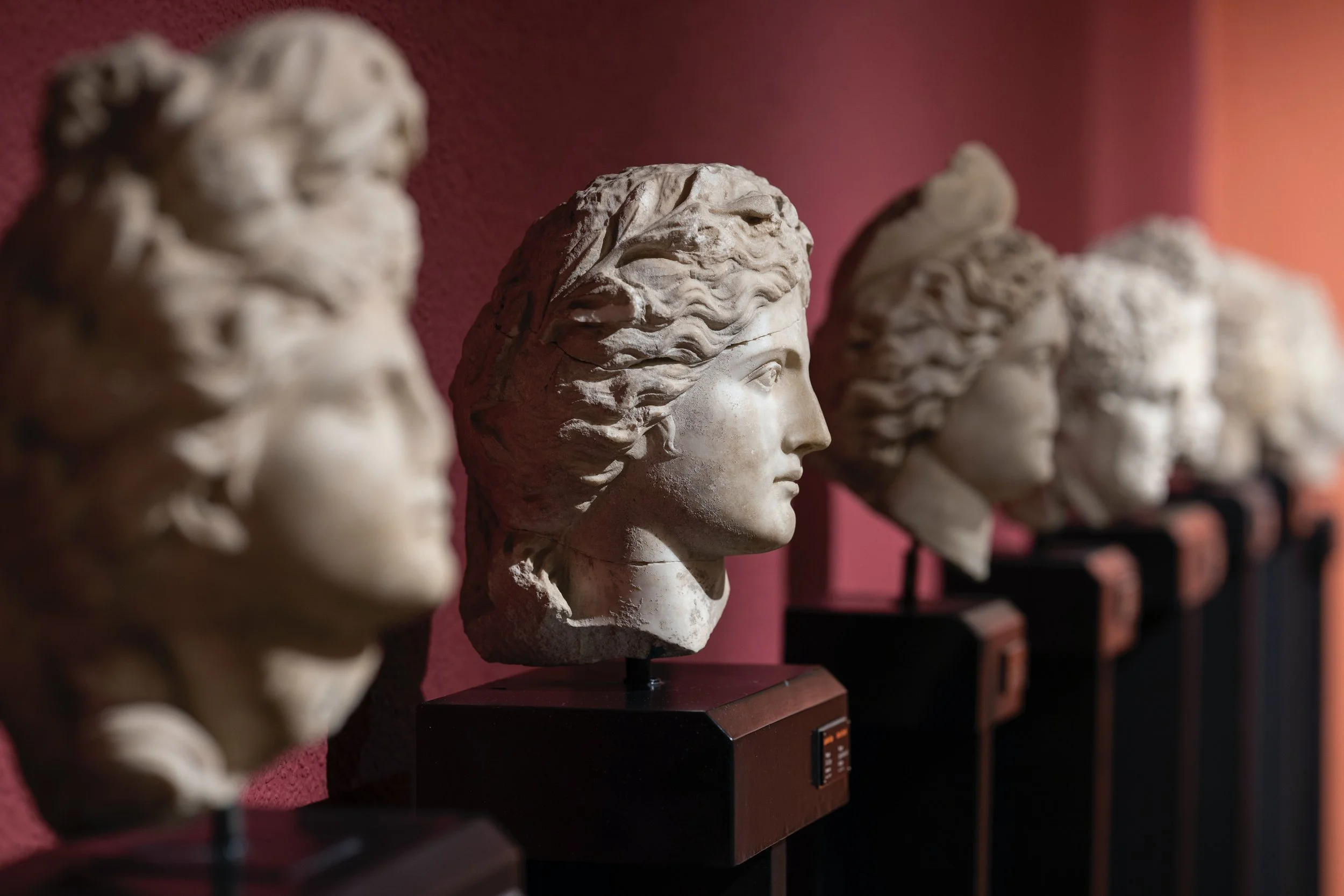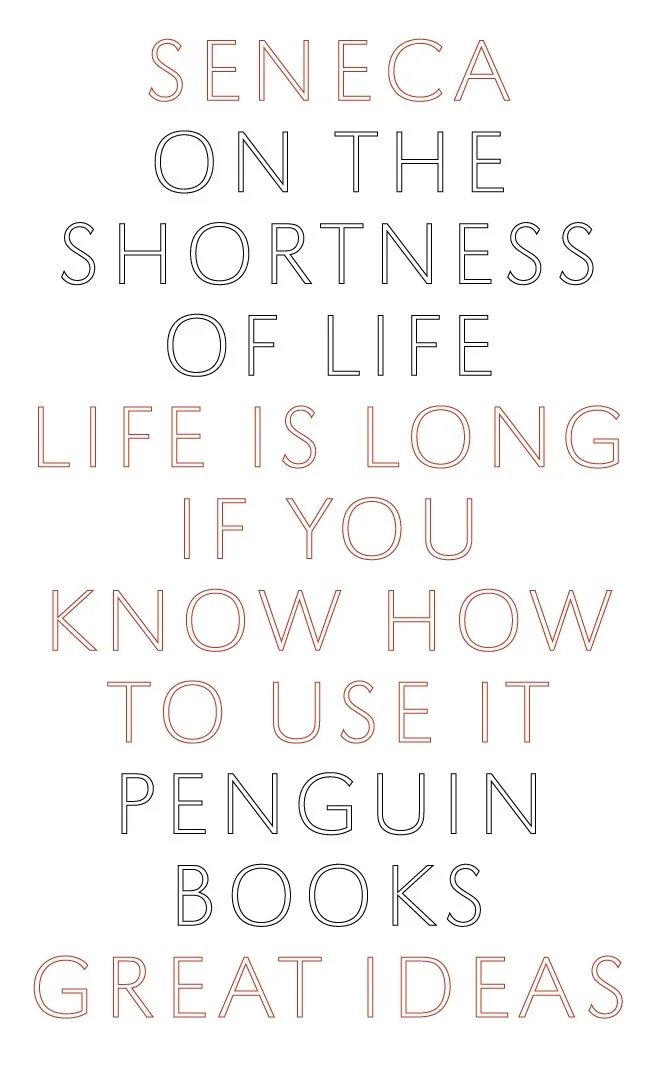“On the Shortness of Life” by Lucius Annaeus Seneca
Reading Time: 4 minutes
The aim of this short article is to encourage the reading of this book and not to replace it. If you decide to purchase it through our affiliate link, we’ll get a few pence in our bank account and you’ll get a big thank you!Get the Book!
Before We Start
As you might be aware, I’m Italian. Plus, I studied some Latin back in high school. Because of this, I read this book in Italian, with parallel text in Latin; which means that I had to translate the quotations myself.
If something results to be quite incomprehensible, then, it’s on me; not on Seneca.
The Book Oversimplified
“On the Shortness of Life” is a short essay on what makes life enjoyable and worth living. Written as a letter to Seneca’s friend Paulinus, its core message is to live life for oneself, not for other people or for ambitious pursuits.
Photo by engin akyurt on Unsplash
Quotes
“Isn’t it too late to start living only when it’s time to die? Such a silly mortal business this is; postponing every resolution to your fifties and sixties, demanding to begin living only when just a few are still alive.”
“It takes a whole life to learn how to live, and, what might surprise you the most, it takes a whole life to learn how to die.”
“The greatest obstacle to living is waiting, he who depends on tomorrow, loses today.”
A Review Through Takeaways
Since I studied him at school, I’ve always been fascinated by the figure of Seneca. A great stoic philosopher, one of the greatest, and—for better or for worse—an amazingly famous personality of the Roman Empire. Such a wise man, and yet, advisor to a terrible tyrant; Nero.
It took me only 13 years to read De Brevitae Vitae, (I finished school in 2009), but I’m glad I did it now rather than when I was a student.
His considerations regarding how people waste their time—or their entire lives, according to Seneca—are surprisingly relevant today for a book written almost 2,000 years ago.
This is—at least in my experience—often true for the great majority of Roman authors. Is it possible that humanity managed to advance so much technologically without making one step forward in understanding society and itself?
I really hope I’m wrong.
Seneca leaves no room for interpretation in this essay; life is too short to waste on worthless pursuits. Busy people don’t even realise their time is passing and there’s no amount of money or fame able to bring it back.
He mentions a few important personalities, Cicero and Augustus among the better-known, as an example of accomplished individuals deferring their happiness to the moment they would eventually retire.
Status was so important back then (as I must say it is now) that people forgot to enjoy their time.
So, life is too short to do things you don’t really want to do.
Seneca cherishes saying “no” to any occupation not increasing human knowledge. In other words, philosophy is the only activity that will expand your life.
Conclusion
I quite like the book’s message, especially now, 2022 in the UK. I live in a small world; a world where everything you have accumulated or accomplished in life can be wiped out by a financial sanction against your country, a pandemic or even a war. Even if nothing drastic shakes the foundations of my life, I still live in a world where digital nomads are no longer happy, where the fight between office-based and working remotely is fierce, where the price of houses and nurseries is so high it would make my parents burst out laughing.
Remember to do what you love, remember to enjoy life while it’s happening and not procrastinate is always a good message to keep in mind.
A word of warning
A tiny, little, barely noticeable mark spoils this otherwise immaculate work.
In listing what it’s not worth our time, I couldn’t help but notice a hint of hypocrisy in Seneca’s words.
Putting down the book, my image of him was split. He seems to be the wise man able to savour life in the best of ways; on the other hand, he seems pretty knowledgeable about every single worthless pursuit he goes to a great length to despise.
Alla prossima.
Get the Book from Amazon/Audible




